U.S. District Judge, Laura Taylor Swain, in Manhattan, said Germany was immune from claims by descendants of the Herero and Nama tribes, depriving her of jurisdiction over its role in what some have called the 20th century’s first genocide, reports
Reuters.
It is widely reported that German troops massacred more than 75,000 Namibians, mainly from the Herero and Nama tribes, between 1904 and 1908.
Many have termed it as “a campaign of racial extermination and collective punishment” that Germany undertook against Africans who rebelled against the autocratic German colonial rule.
Survivors of the Namibian massacres in Namibia. Pic credit: Times of Israel
In January 1904, members of the Herero tribe revolted against the invading Germans, which led to the “Battle of Waterberg.” However, Germans won and drove the Herero to the Namib desert where most of them died of starvation and dehydration.
In October of the same year, members of the Namaqua tribe rose against the Germans but were soon overpowered by the well-armed German troops. They suffered the same fate as the Herero.
Thousands of native Namibians were also imprisoned, where most of them died of abuse and/or exhaustion.
There were also reports of concentration camps where the colonialists carried out exterminations and scientific experiments on the tribes people.
In the “Whitaker Report” of 1985, the United Nations recognized the two Namibian massacres as “an attempt to exterminate the Herero and Namaqua people.”
In 2004, Germany acknowledged the killings but rejected calls for financial compensation for the victims and their descendants. In 2015, the German government declared the events as a “genocide” and “part of a race war.”
Herero chief Vekuii Rukoro has described Wednesday’s ruling as “disappointing”.
“We assert that judge Swain has made some fundamental errors of law in her jurisdictional analysis and we are determined to see to it that this decision is reversed on appeal and that our claims for reparations shall proceed,”
he was quoted by the AFP.
The plaintiffs had argued in court that Germany was not shielded by the federal Foreign Sovereign Immunities Act because some of its plunder found its way to Manhattan.
They claimed that plunder from Namibia went to Germany, and this was used to purchase four buildings in New York, said the AFP.
Skulls and other human remains were also sent to the American Museum of Natural History while a written account of the genocide went to the New York Public Library, the plaintiffs added.
But the judge
said the transfers of human remains and the account of the genocide bore no “direct” or “immediate” connection to Germany’s activities in southwestern Africa.
More about the Herero and Nama tribes
Largely residing in Namibia and parts of Botswana and Angola, the Herero are one of the most uniquely fascinating tribes in Southern Africa. They are divided into many subgroups including the Tjimba, Himba, Macubal, Mbanderu, Kwandu, Zemba, Hakawona and Tjavikwa.
With their main occupation being pastoralists, the Herero apparently migrated to Namibia from the great lakes of East Africa somewhere between the 17th and 18th century.
They were later on joined by the Nama tribe from South Africa at the beginning of the 19th century, however, there were hostilities and armed confrontations between the two tribes due to territorial issues which lasted almost throughout that century. They later settled their differences. The two tribes would later rebel against German colonial rule.
The Herero people are known for their conspicuous looking traditional outfits depicting their colonialists.
Herero woman in traditional outfit — Photo Credit: Jim Naughten
The women wear Victorian-style dresses with cow horn headdresses while the men wear military-style uniforms.
Their outfits, however, do not glorify German colonialism but rather symbolizes their defeat against adversity and their resilience and survival after attempts to wipe them out.
Herero Day, also known as Red Flag Day/Red Flag Heroes’ Day is held annually on August 26 in Okahandja, Namibia which is the burial place of former Paramount Chief and anti-colonial leader Samuel Maharero.
The day is set aside to celebrate and pay respect to their departed chiefs. August 26 is also Heroes’ Day in Namibia.


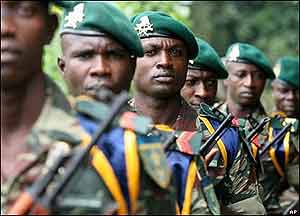
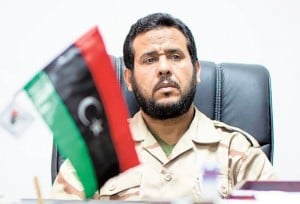
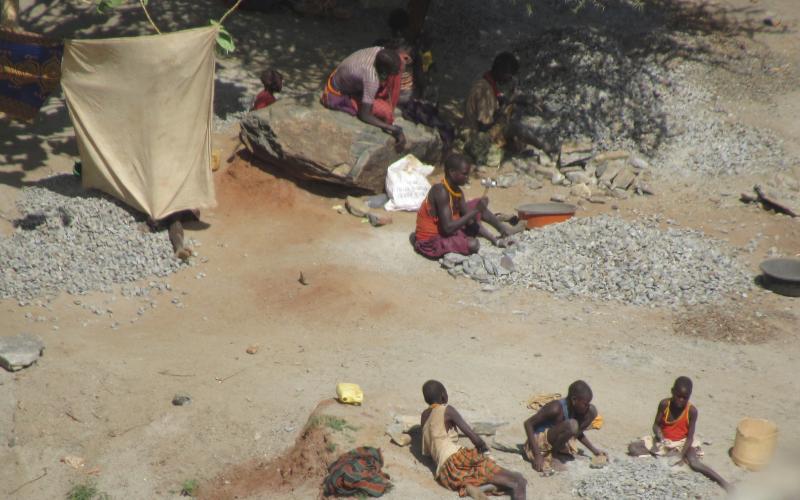
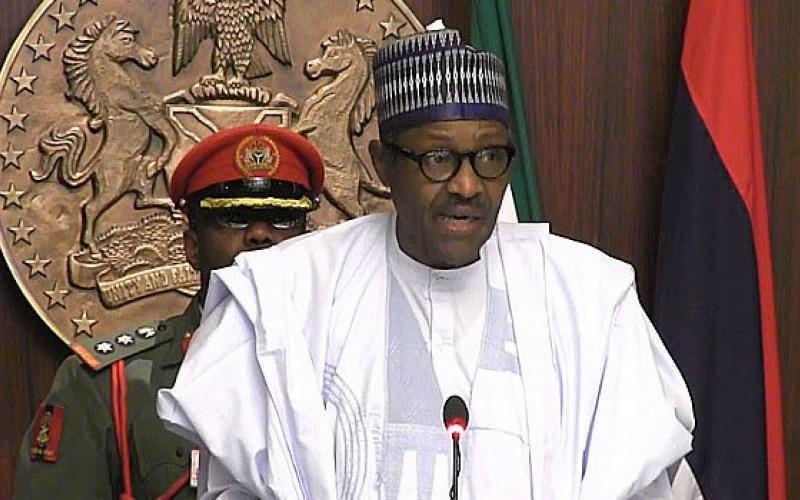

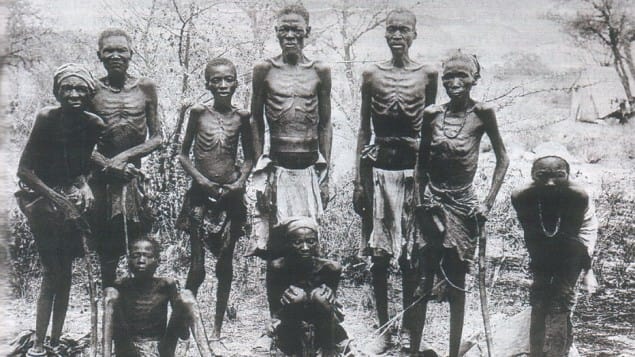


 i was telling nikkas. The Zim puppets was crying to Trump last week too
i was telling nikkas. The Zim puppets was crying to Trump last week too